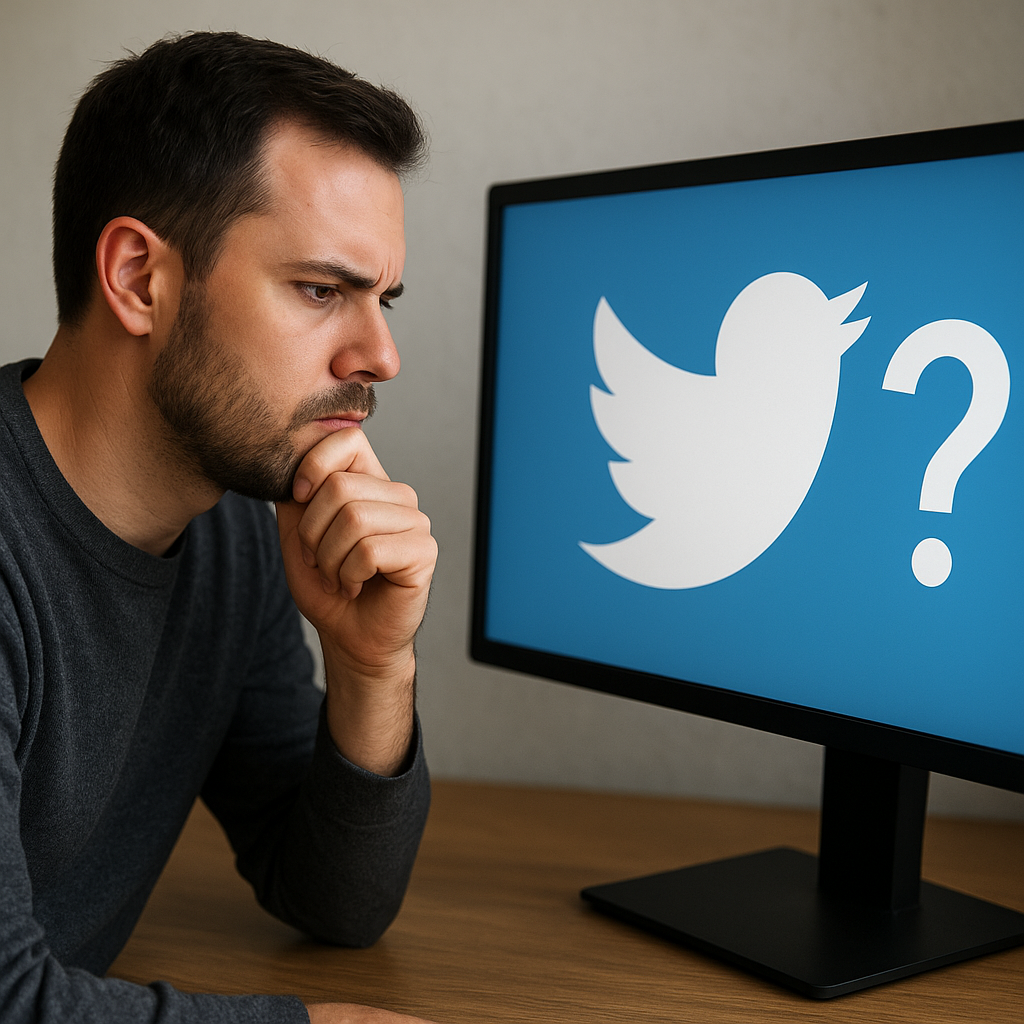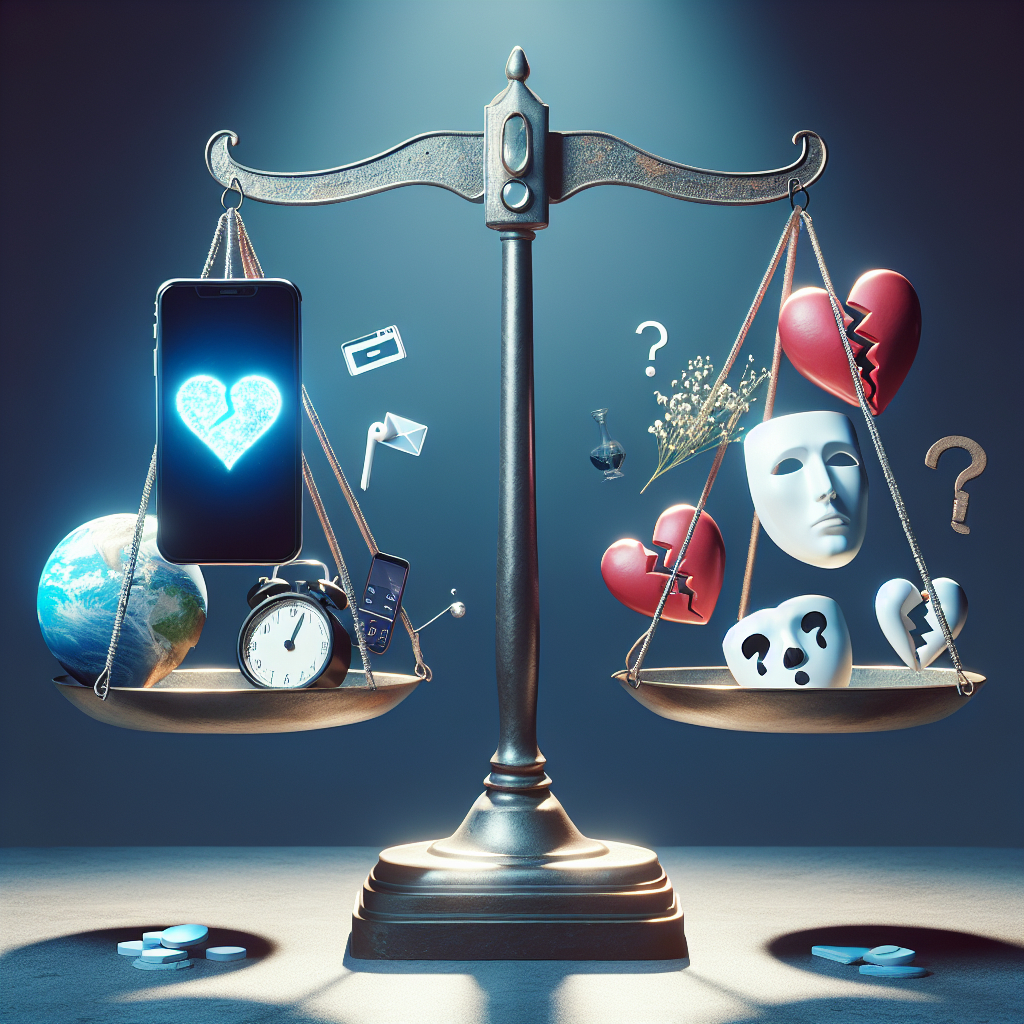Cancel culture has become a significant phenomenon in the digital age, influencing how individuals and communities interact online. This article delves into the origins, mechanisms, and consequences of cancel culture, as well as its impact on online discourse.
The Origins and Mechanisms of Cancel Culture
Cancel culture, a term that has gained widespread usage in recent years, refers to the practice of withdrawing support for public figures, companies, or individuals after they have done or said something considered objectionable or offensive. This phenomenon is deeply rooted in the dynamics of social media, where information spreads rapidly and public opinion can shift in an instant.
The origins of cancel culture can be traced back to earlier forms of social ostracism and public shaming. However, the advent of the internet and social media platforms has amplified its reach and impact. In the past, public shaming was often localized and limited to specific communities. Today, a single tweet or post can trigger a global response, leading to widespread condemnation and calls for accountability.
Social media platforms like Twitter, Facebook, and Instagram play a crucial role in the mechanics of cancel culture. These platforms provide a space for individuals to voice their opinions, share information, and mobilize support for or against particular causes. Hashtags, retweets, and shares can quickly turn a minor incident into a viral sensation, drawing attention from millions of users worldwide.
One of the key mechanisms of cancel culture is the use of collective action. When a public figure or entity is perceived to have committed a transgression, users band together to express their disapproval. This can take the form of public denunciations, calls for boycotts, and demands for apologies or resignations. The goal is often to hold the offending party accountable and to signal that certain behaviors or statements are unacceptable.
The Impact of Cancel Culture on Online Discourse
Cancel culture has a profound impact on online discourse, shaping the way people communicate and engage with one another. On one hand, it can serve as a powerful tool for social justice, giving marginalized communities a platform to voice their concerns and demand change. On the other hand, it can also stifle free expression and create a climate of fear and self-censorship.
One of the positive aspects of cancel culture is its ability to bring attention to important social issues. By holding public figures and institutions accountable, it can help to challenge systemic injustices and promote greater awareness of issues such as racism, sexism, and homophobia. For example, the #MeToo movement, which gained momentum through social media, has led to significant changes in how society addresses sexual harassment and assault.
However, cancel culture also has its drawbacks. The speed and intensity of online backlash can sometimes lead to disproportionate consequences for the accused. In some cases, individuals have lost their jobs, faced harassment, or experienced severe emotional distress as a result of being „canceled.” This raises questions about the fairness and proportionality of such actions, as well as the potential for mob mentality to override due process and nuanced understanding.
Moreover, the fear of being canceled can lead to self-censorship and a chilling effect on free speech. People may become hesitant to express their opinions or engage in open dialogue, fearing that their words could be taken out of context or used against them. This can stifle meaningful conversations and limit the diversity of perspectives in online discourse.
Conclusion
Cancel culture is a complex and multifaceted phenomenon that has both positive and negative implications for online discourse. While it can serve as a powerful tool for social justice and accountability, it also has the potential to stifle free expression and create a climate of fear. As we navigate the digital age, it is important to strike a balance between holding individuals accountable for their actions and fostering an environment where diverse perspectives can be shared and debated. By understanding the origins, mechanisms, and impact of cancel culture, we can better navigate its challenges and harness its potential for positive change.



